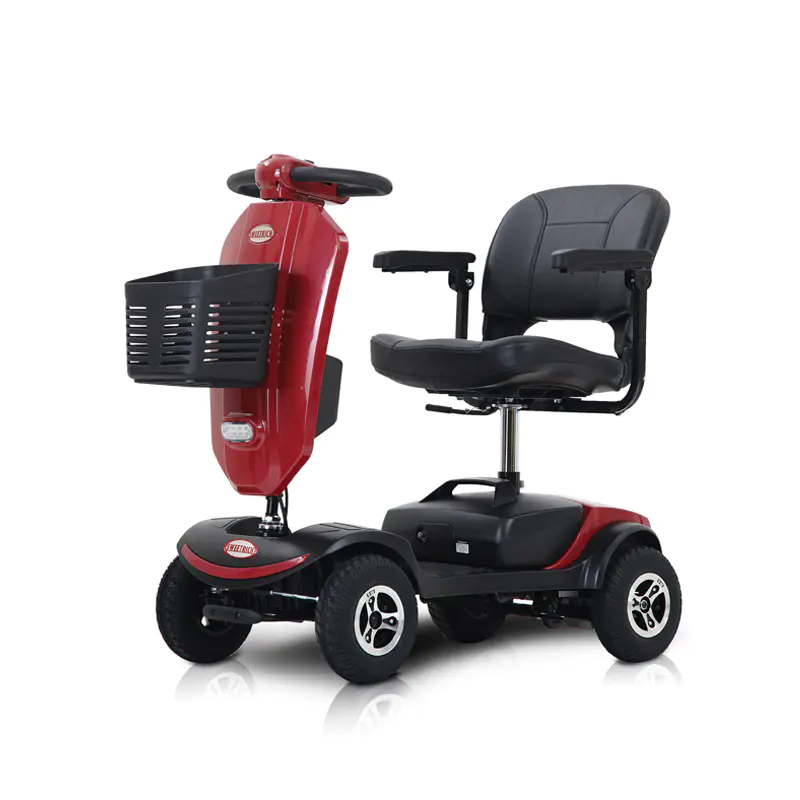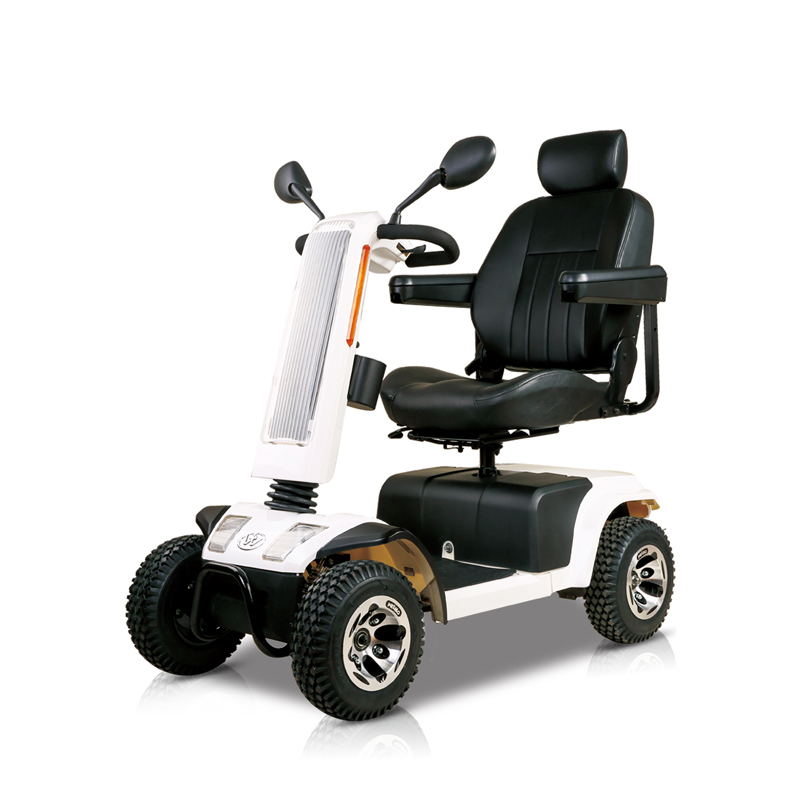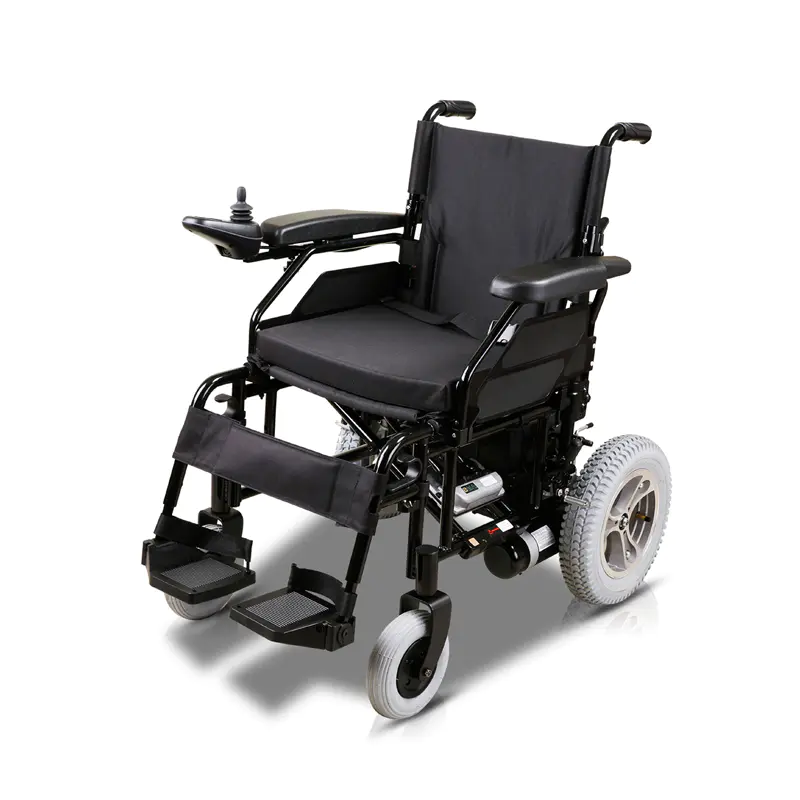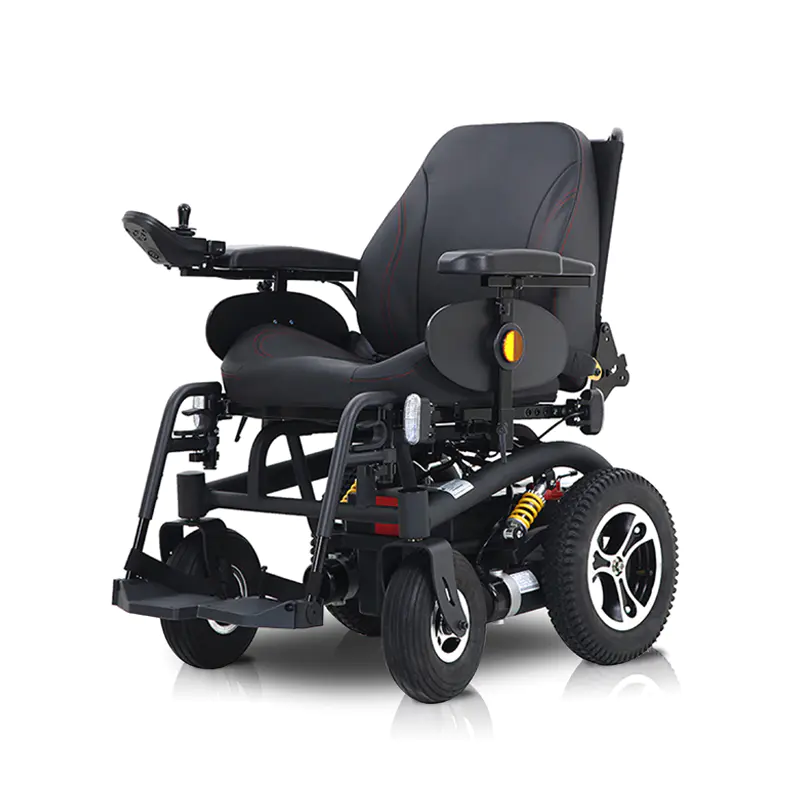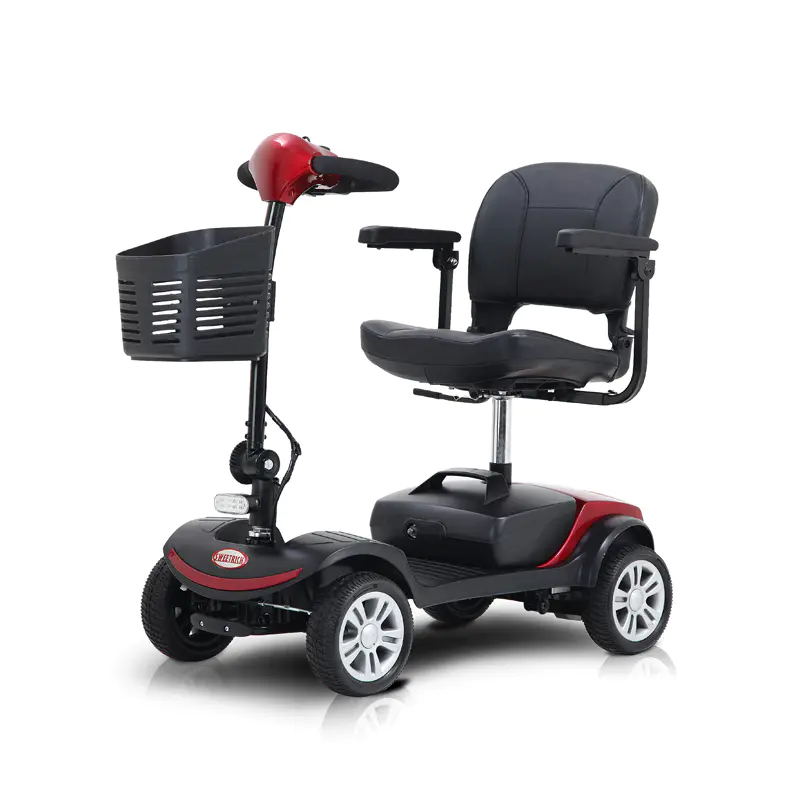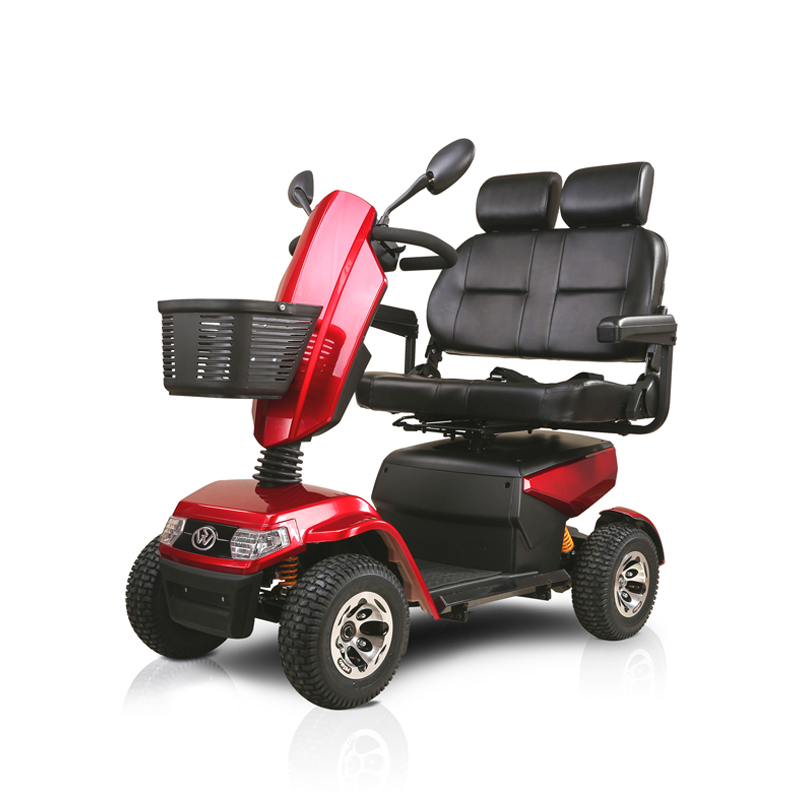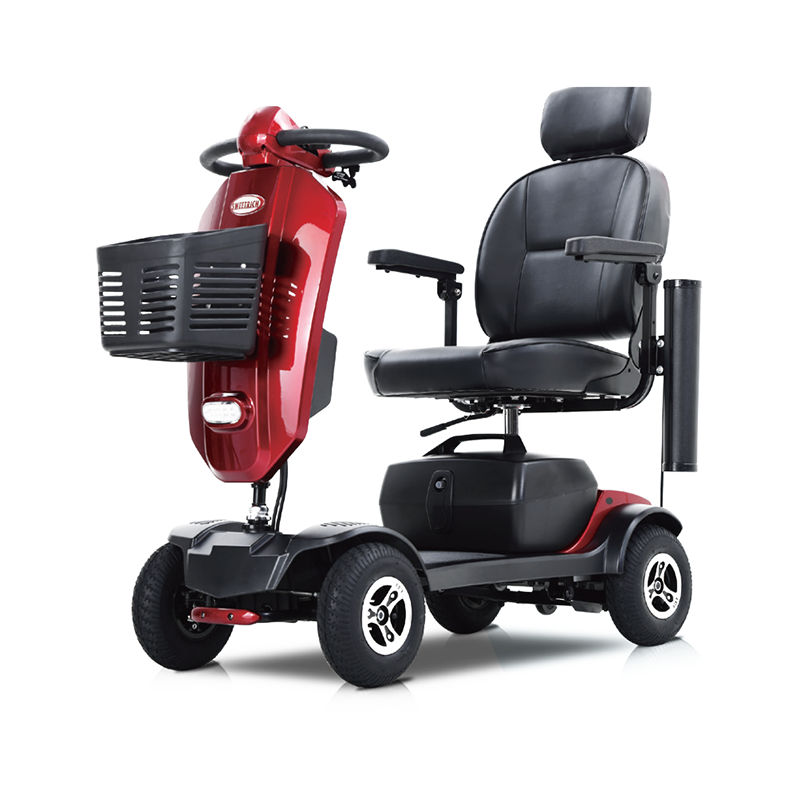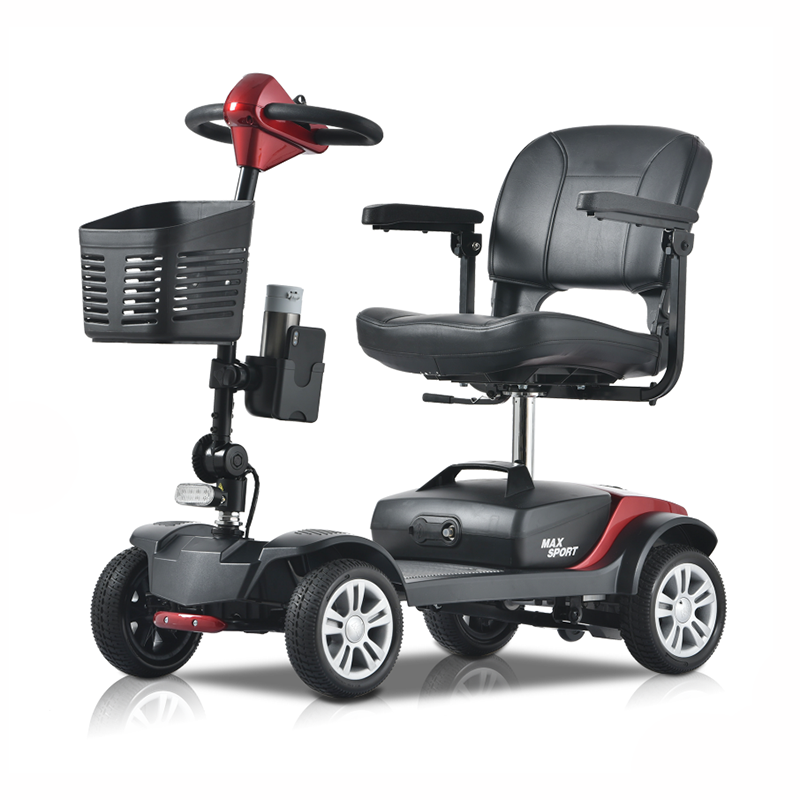In the personal mobility sector, the Wholesale Mobility Scooter has become an important solution for enhancing independence and convenience. Among the key factors that influence performance, reliability, and user experience, battery technology plays a decisive role. Recent innovations in battery chemistry, energy management systems, charging infrastructure, and power delivery are transforming the functionality of mobility scooters, extending travel range, improving efficiency, and supporting sustainable operation.
Lithium-Ion Batteries: Higher Energy Density and Portability
Historically, mobility scooters relied on lead-acid batteries because of their affordability and reliability. However, these batteries are relatively heavy, have limited energy density, and require frequent maintenance. The adoption of lithium-ion battery technology addresses these limitations, providing higher energy density and reduced weight. Scooters equipped with lithium-ion batteries can travel longer distances on a single charge while remaining easier to transport and maneuver.
Higher energy density also supports additional features, such as integrated lighting, digital displays, and motorized seat adjustments, without reducing battery lifespan. For wholesale suppliers, this means products can offer versatile functionality while efficiently meeting diverse user requirements.
Battery Management Systems (BMS) for Safety and Longevity
In addition to battery chemistry, advanced Battery Management Systems (BMS) are essential for optimizing performance. BMS technology monitors voltage, temperature, and state-of-charge in real time, ensuring safe operation and preventing overcharging or deep discharge. It also balances energy across cells, improving output consistency and extending battery life.
For wholesale mobility scooters, BMS integration enhances reliability for individual users and fleet operators. Predictive diagnostics detect potential battery degradation early, minimizing unexpected failures and reducing maintenance interruptions. This feature is especially valuable for large-scale deployments in assisted living facilities or shared mobility services.
Fast Charging and Modular Battery Designs
Advancements in charging infrastructure complement improvements in battery technology. Fast-charging systems reduce downtime by replenishing energy quickly, while modular battery designs allow individual modules to be replaced or upgraded without removing the entire pack.
For wholesale mobility scooter operators, modular systems improve operational efficiency. They enable seamless maintenance, reduce service interruptions, and support flexible deployment strategies in high-usage environments such as fleet operations or shared mobility platforms.
Efficiency, Performance, and Sustainability
Modern battery technologies directly enhance scooter efficiency. Lightweight lithium-ion packs, combined with regenerative braking and high-efficiency motors, minimize energy consumption per mile and extend travel range. These improvements lower electricity costs and environmental impact, aligning with sustainability goals in personal mobility.
Smart battery systems also enable real-time monitoring of energy usage, route optimization, and usage analytics. Manufacturers and operators can track performance trends, predict maintenance requirements, and optimize fleet deployment, ensuring consistent service while extending the operational life of each scooter.
Emerging Technologies Shaping Mobility
Future advancements in solid-state batteries, high-capacity anode materials, and advanced electrolytes are expected to further improve safety, range, and charging speed. Integrating these technologies into wholesale mobility scooters can provide users with longer travel distances, reduced downtime, and environmentally responsible operation.
By combining high-energy-density batteries, intelligent management systems, modular designs, and sustainable practices, manufacturers and suppliers are redefining the capabilities of mobility scooters. These technological developments enhance user experience and operational efficiency while supporting greener, more adaptable personal mobility solutions.

